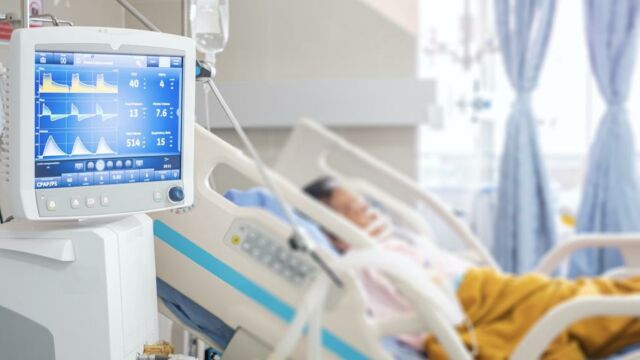A British study sheds light on the worrying number of hospitalizations of patients, several months after being infected.
Discover our latest podcast
One third of patients admitted to hospital several months after infection.
UA recent study conducted among 48,000 Britons who'd recovered from the coronavirus after a hospital stay, highlights a particularly high rate of re-hospitalization and subsequent death.
Of the patients examined, nearly a third had to return to go back through the hospital rigmarole within 4 months of their first infection.
Worse: more than one in ten are thought to have died in the months that followed.
This study published on March 31 in the prestigious British Medical Journal (BMJ) therefore indicates that the phenomenon of Long-COVID is not to be taken lightly.
In The Guardian magazine, Amitava Banerjee of the Institute for Health Informatics at University College London provides some clarification:
It is shown that this disease is far from benign. We need to monitor the condition of post-COVID patients in order to detect any organ damage as early as possible.
Heavy side effects
According to Seizure: European Journal of Epilepsy, scientists have focused on the abnormalities detected by electroencephalogram in the brains of patients with coronavirus.
One third of the patients observed were showing with brain abnormalities.
The frontal lobe is the main area concerned, an area linked to language and motor coordination.
According to the study, oxygen losses and heart problems caused by the coronavirus could indirectly cause the symptoms highlighted.
Serious consequences which invite us to redouble our vigilance, and to continue to meticulously respect the importance of health-conscious behaviour.
In our video at the top of the article, you can find a list of alarming symptoms spotted by scientists.















